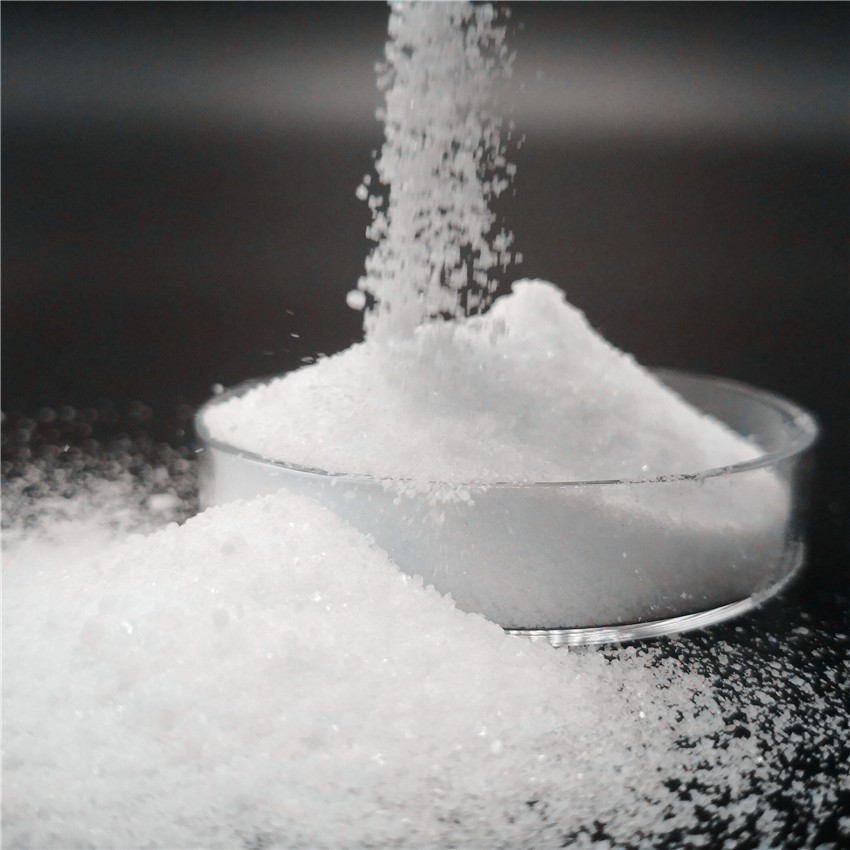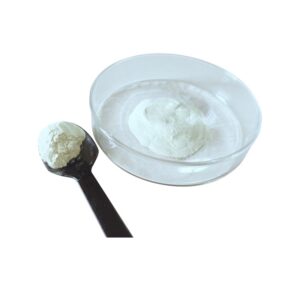Description
Chemical Specifications of Thiourea
| Property | Details |
|---|---|
| Product Name | Thiourea |
| Chemical Formula | SC(NH₂)₂ |
| CAS Number | 62-56-6 |
| Molecular Weight | 76.12 g/mol |
| Appearance | White crystalline powder |
| Purity | ≥ 99% |
| Melting Point | 174 °C |
| Solubility | Soluble in water, ethanol, and acetone |
| pH (1% solution) | 5.5 – 6.5 |
| Packaging | 25 kg bags, 50 kg drums, or customized |
| Storage Conditions | Cool, dry, well-ventilated place |
| HS Code | 29309099 |
Applications and Industrial Uses
🔬 1. Metal Recovery and Leaching Agent
Thiourea is widely used in gold and silver extraction as an alternative lixiviant to cyanide. It forms stable complexes with precious metals, enabling eco-friendlier metal recovery in mining and recycling industries.
💊 2. Pharmaceutical Intermediate
In pharmaceuticals, Thiourea serves as a precursor in the synthesis of various drugs, especially antithyroid medications and other sulfur-containing compounds.
🧪 3. Chemical Synthesis
Thiourea is used as a reagent in organic synthesis, especially in the production of thiourea dioxide, and in the creation of heterocyclic compounds such as thiobarbiturates.
📸 4. Photography and Textile Processing
In photography, Thiourea acts as a silver halide solvent in toning solutions. In the textile industry, it is used as a reduction agent for dyeing and printing fabrics.
🧷 5. Rubber and Resin Industries
Thiourea is used as a vulcanization accelerator in the rubber industry and also plays a role in manufacturing certain resins and adhesives.
Advantages of Thiourea
✅ High Purity: Available in ≥99% grade for high-precision applications
✅ Eco-Friendly Alternative: Replaces hazardous chemicals like cyanide in gold leaching
✅ Versatile Usage: Applicable across industries such as mining, pharma, textiles, and rubber
✅ Water Solubility: Easily dissolves in water and alcohols for varied process adaptability
Safety and Handling
Thiourea should be handled with care as it is classified as potentially carcinogenic and toxic if ingested or inhaled. Always wear protective equipment, and ensure storage in a cool, dry, and ventilated area, away from acids and oxidizing agents. Adhere strictly to local environmental and safety regulations during disposal and handling.
Conclusion
Thiourea stands out as a multifunctional chemical with a significant role in modern industry. Whether in precious metal recovery, chemical manufacturing, or pharmaceutical applications, its versatility, high purity, and broad compatibility make it a top-tier industrial compound. When handled responsibly, Thiourea continues to drive innovation and efficiency across multiple sectors.







